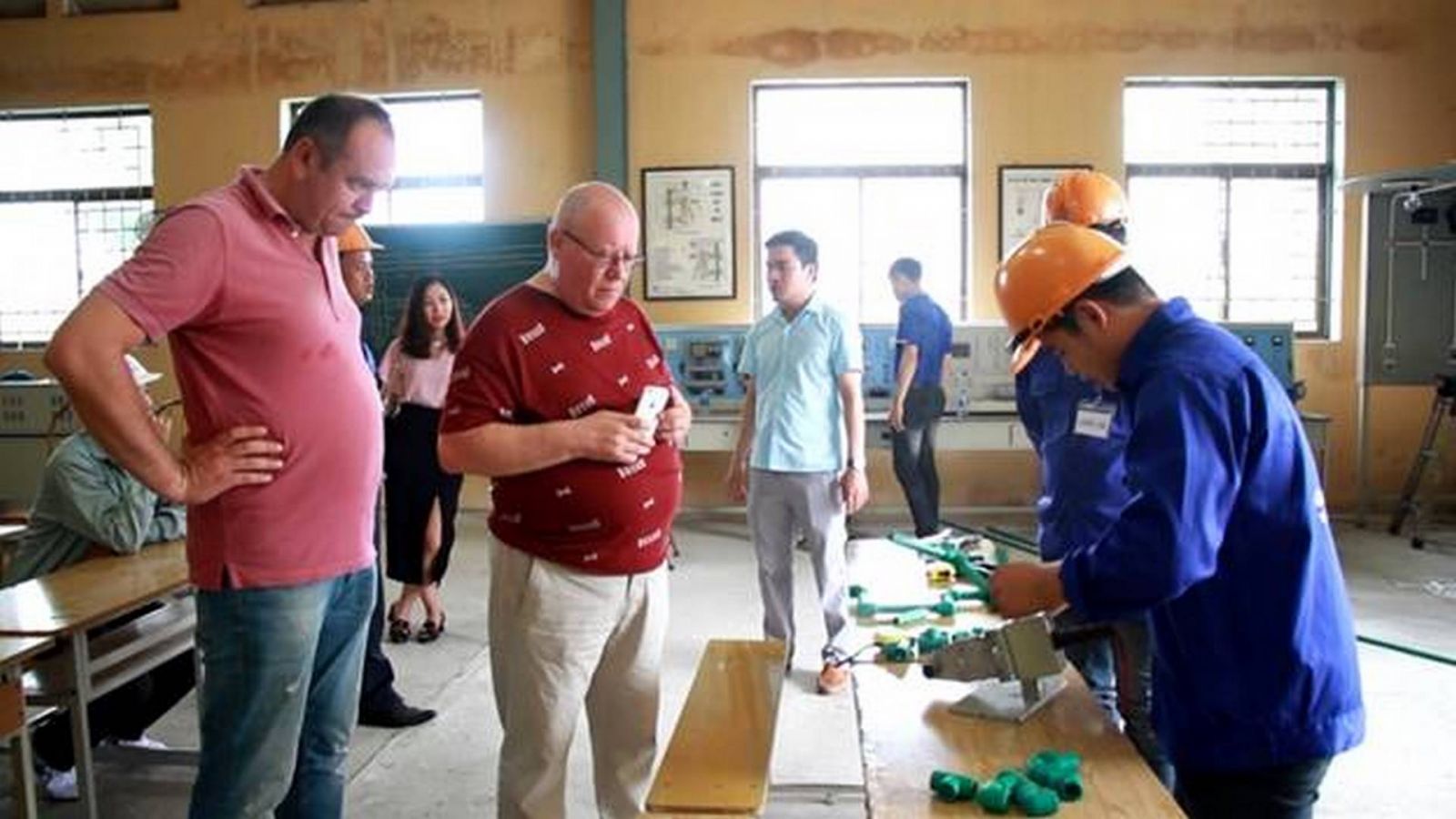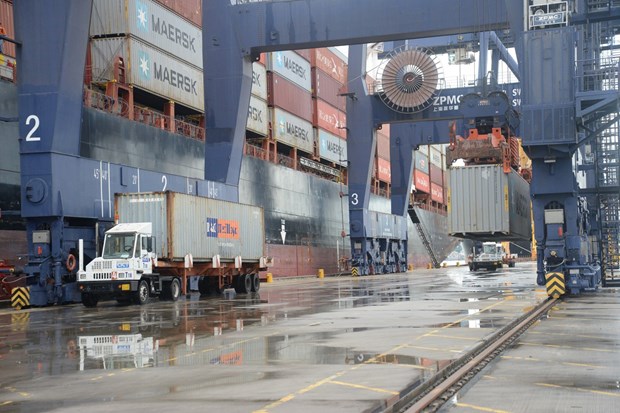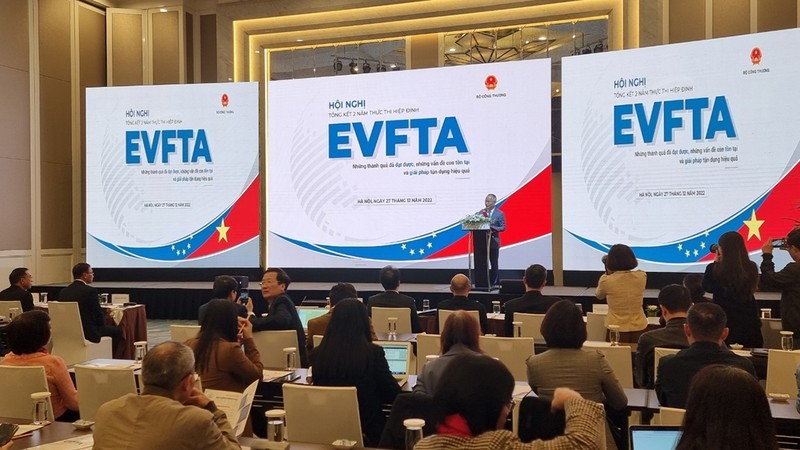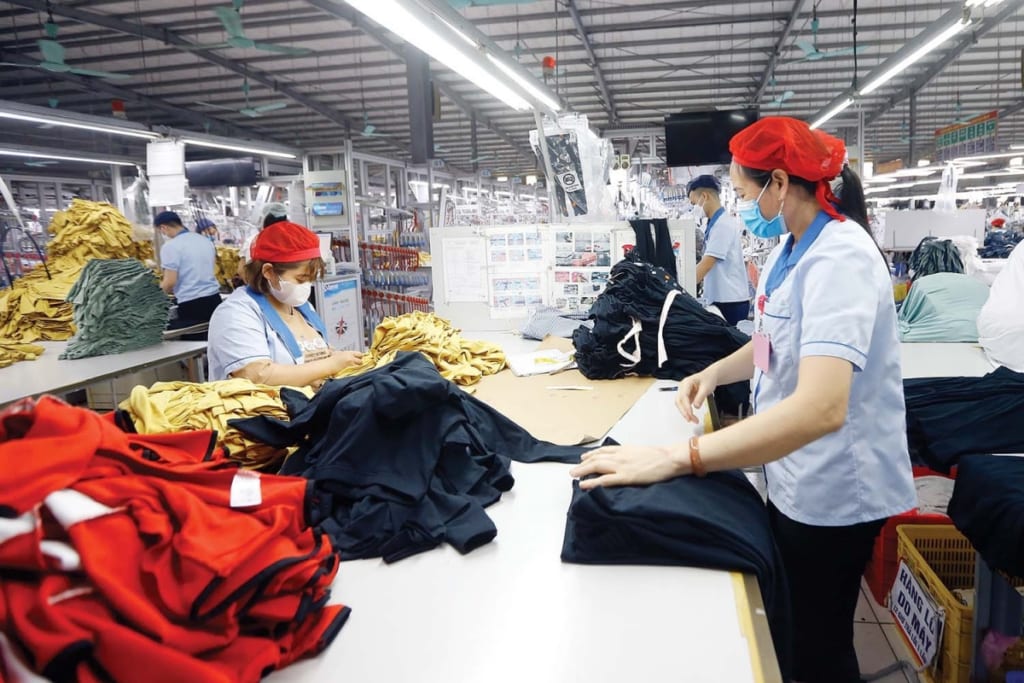
Introduction
Vietnamese construction workers, often overlooked in the grand scheme of the global labor force, play a vital role in shaping the skylines and infrastructure of countries worldwide. Their journey from Vietnam to foreign construction sites is not merely a story of migration but a testament to resilience, adaptability, and skill. In this article, we will explore the remarkable world of Vietnamese construction workers, shedding light on their contributions, challenges, and the global demand for their expertise.
Migration of Vietnamese Construction Workers
A Historical Perspective
The migration of Vietnamese construction workers has deep historical roots, dating back to the post-war era when Vietnam faced economic challenges. The search for better opportunities abroad became a compelling force. This migration wave was initially driven by the need to rebuild a war-torn nation, but over the decades, it evolved into a global phenomenon.
Driving Factors
Several factors drive Vietnamese workers to seek employment abroad, including economic disparities, limited job prospects in Vietnam, and the desire to provide for their families. This trend gained momentum in the late 20th century as globalization opened up new avenues for employment. Vietnam’s burgeoning economy has also fueled this migration, as workers aim to acquire skills and financial stability overseas.
The Role of Vietnamese Construction Workers
Unsung Heroes of Construction
Vietnamese workers are the backbone of many construction projects, with their skills in masonry, carpentry, welding, and other trades being highly regarded. While architects and engineers conceptualize buildings, it’s the Vietnamese construction workers who breathe life into these designs. Their craftsmanship often goes unnoticed but is essential for building safe and sturdy structures that withstand the test of time.
Expertise and Dedication
Vietnamese workers bring expertise and dedication to construction sites, contributing significantly to the success of projects around the world. Their ability to work in diverse climates and conditions, often with limited resources, demonstrates their adaptability and commitment to their craft. Their work ethic is unrivaled, making them indispensable assets to construction teams globally.
Challenges Faced by Vietnamese Construction Workers
Language Barriers
One of the most prominent challenges is the language barrier, making communication difficult on job sites. While skills are universal, effective communication is crucial for the seamless execution of projects. Vietnamese workers often invest time and effort in learning the language of the host country, showcasing their determination to overcome this obstacle.
Working Conditions and Safety
Vietnamese construction workers often face harsh working conditions, including extreme weather, long hours, and physically demanding tasks. Safety concerns also loom large, with incidents of accidents and injuries not uncommon. Efforts to improve safety standards and ensure workers’ well-being are ongoing, but challenges persist.
Positive Impact on Vietnamese Economy
Remittances as Lifelines
The remittances sent home by Vietnamese workers abroad are a critical source of income for their families and a pillar of Vietnam’s economy. These funds support education, healthcare, and infrastructure development. Beyond providing for their immediate families, Vietnamese workers indirectly contribute to the well-being of their communities and the nation as a whole.
Skill Transfer
Vietnamese workers not only bring back remittances but also invaluable skills and knowledge. Their experiences abroad expose them to advanced construction techniques and technologies. This knowledge transfer contributes to the development of industries in Vietnam, enhancing the country’s overall competitiveness in the global market.
Global Demand for Vietnamese Construction Workers
Preferred Workforce
Countries and regions across the globe prefer hiring Vietnamese construction workers for their dedication, skills, and work ethic. Their reputation for reliability and adaptability has solidified their position as a preferred workforce in the construction sector. Employers often express their preference for Vietnamese workers due to their ability to meet deadlines and deliver quality work.
Reasons for Preference
The reputation of Vietnamese workers for diligence, adaptability, and craftsmanship has made them indispensable in the global construction industry. Their ability to learn quickly and adapt to new technologies and methodologies ensures that they remain at the forefront of the construction workforce.
Integration and Cultural Adaptation
Navigating Foreign Cultures
Working in foreign countries comes with cultural challenges. Vietnamese workers often find themselves adapting to new environments, languages, and lifestyles. This adaptation process can be both enriching and challenging, as they strive to maintain their identity while embracing the culture of their host country.
Bridging Gaps
Efforts are being made to bridge the cultural gaps between Vietnamese workers and their foreign colleagues. Cultural sensitivity training and inclusive workplace practices are becoming more common, creating environments where workers from diverse backgrounds can thrive.
The Path to Legal Immigration
Visa Regulations
Navigating visa regulations and legal frameworks is a critical step in ensuring that Vietnamese workers can work abroad legally and with proper protections. Governments and advocacy groups are working together to simplify and streamline the immigration process, ensuring that workers’ rights are protected from the moment they arrive in a foreign country.
Advocating for Rights
Various organizations and advocates are working tirelessly to protect the rights of Vietnamese workers and ensure fair treatment under the law. These efforts include legal assistance, awareness campaigns, and collaboration with governments to create policies that safeguard the interests of workers.
The Ethical Considerations
Fair Treatment and Wages
Ensuring that Vietnamese workers are paid fairly and treated with dignity and respect is an ethical imperative. Employers and governments must prioritize fair wages and humane working conditions to uphold the principles of justice and equality.
Combating Exploitation
Efforts are ongoing to combat human trafficking and exploitation of Vietnamese workers in various countries. Stricter regulations, increased awareness, and cooperation between nations are crucial in eradicating such practices.
Training and Skill Development
Enhancing Skills
Initiatives in Vietnam aim to enhance the skills of workers, preparing them for diverse job roles and boosting their employability abroad. Training programs cover not only technical skills but also language proficiency, safety protocols, and cultural awareness.
Preparing for Diverse Roles
By diversifying their skill sets, Vietnamese workers can tackle a wide range of construction tasks, making them even more valuable to employers. The ability to adapt to various roles within the construction industry enhances their long-term employability and career prospects.
Success Stories
Inspirational Journeys
Profiles of Vietnamese workers who have excelled abroad serve as sources of inspiration, showcasing the potential for success on the global stage. These stories demonstrate that with determination and hard work, Vietnamese workers can achieve remarkable accomplishments.
Achievements
Their achievements not only highlight individual accomplishments but also the capabilities of Vietnamese workers as a whole. These success stories reinforce the idea that Vietnamese workers are assets to any construction project, capable of delivering outstanding results.
The Future of Vietnamese Construction Workers
Promising Prospects
The future holds promising opportunities for Vietnamese construction workers, as their skills continue to be in high demand. With the global construction industry expected to grow, Vietnamese workers are well-positioned to play pivotal roles in shaping the world’s infrastructure.
Evolving Roles
As technology and construction practices evolve, Vietnamese workers are adapting to take on new and innovative roles in the industry. They are embracing automation, digital tools, and sustainable construction practices, ensuring that they remain at the forefront of the construction sector’s evolution.
Conclusion
In conclusion, Vietnamese construction workers are unsung heroes who contribute significantly to the construction industry worldwide. Their journey from Vietnam to foreign shores is marked by challenges and triumphs, and their impact on both their host countries and their homeland is immeasurable. As the global demand for skilled laborers persists, let us recognize and appreciate the remarkable legacy of Vietnamese construction workers.
FAQs
- Are Vietnamese construction workers in high demand globally?
- Yes, Vietnamese construction workers are highly sought after in the global construction industry due to their skills, work ethic, and adaptability. Their reputation as a preferred workforce continues to grow.
- What challenges do Vietnamese workers typically face when working abroad?
- Language barriers and harsh working conditions are common challenges. They also may face issues related to cultural adaptation and legal protections.
- How do Vietnamese workers contribute to their home country’s economy?
- Vietnamese workers send remittances back home, which are a significant source of income for their families and contribute to the national economy. Additionally, their knowledge transfer enhances local industries.
- What are the key factors in the successful integration of Vietnamese workers into foreign cultures?
- Successful integration involves efforts to bridge cultural gaps and create inclusive workplaces, allowing Vietnamese workers to adapt more effectively while preserving their cultural identity.
- What steps can be taken to improve the working conditions of Vietnamese construction workers overseas?
- Improving working conditions involves enforcing labor laws, ensuring safety standards, and promoting fair treatment of workers abroad. International collaboration and advocacy are essential for achieving these goals.
Follow our channel for more updated news of Vietnamese labour market



